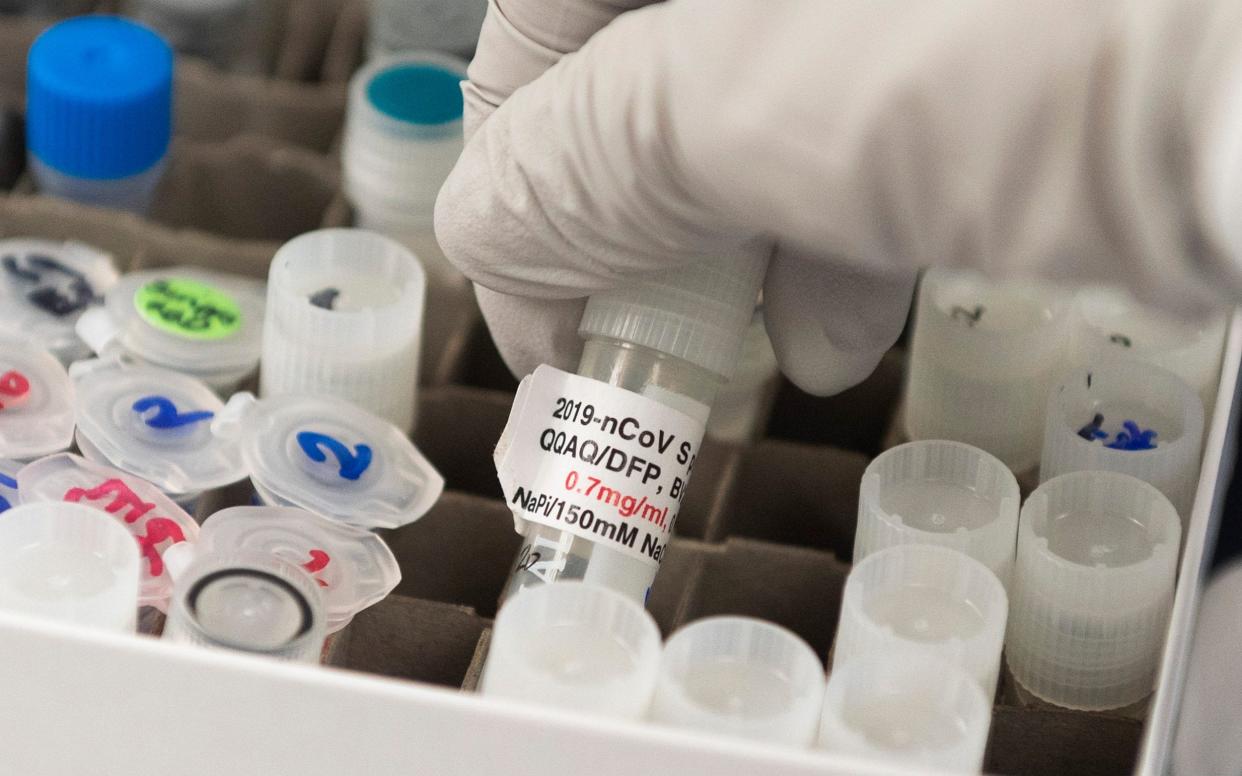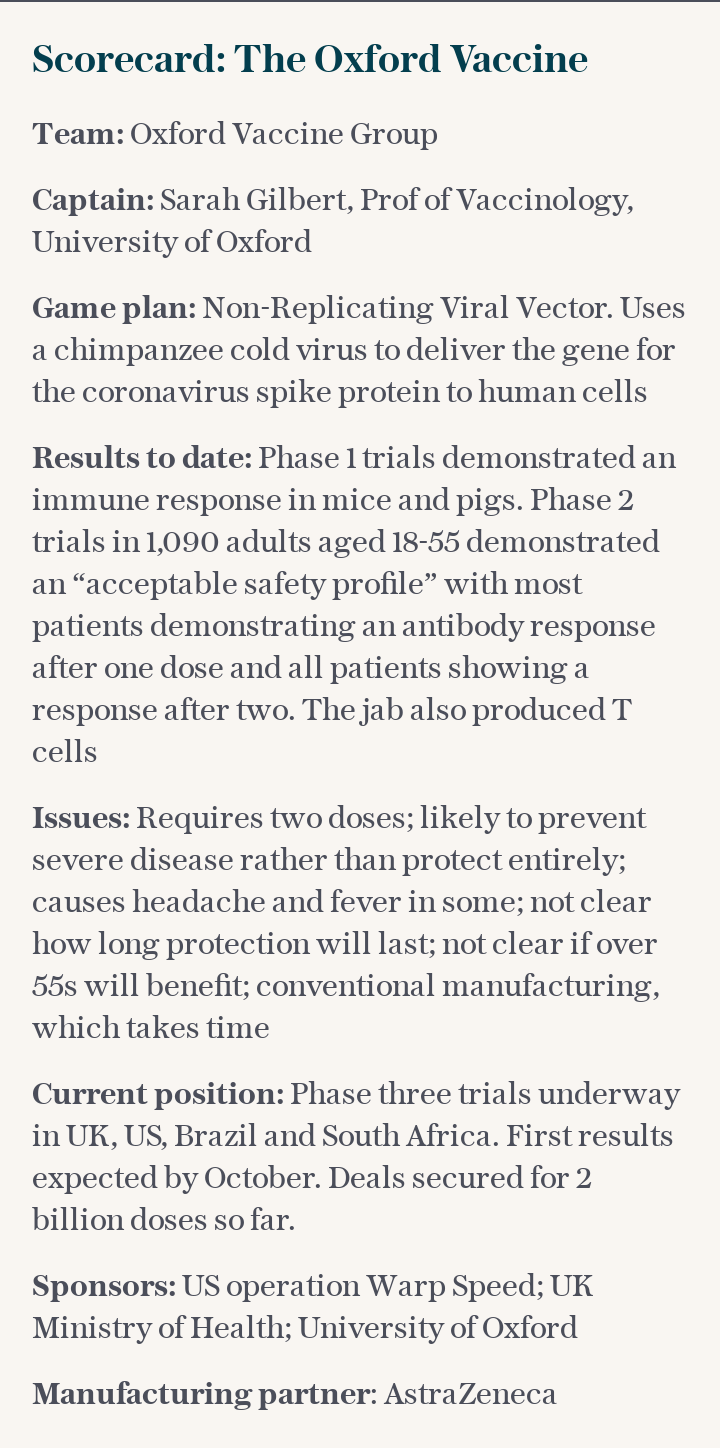UK joins WHO-backed effort to share vaccines globally

The UK has signed up to a World Health Organization-backed initiative to ensure that a Covid-19 vaccine is distributed equally among both poorer and richer nations.
The effort - known as the Covid-19 Vaccines Global Access Facility, or Covax - pools funds from wealthier countries and non-profits to develop, manufacture and equitably distribute two billion doses of an approved Covid-19 vaccine by the end of 2021.
While the scheme is also open to richer countries its aim is to ensure that the world’s most vulnerable populations have access to an effective jab.
The scheme is co-led by the Coalition for Epidemic Preparedness Innovations (CepiI), Gavi, the Vaccine Alliance, and the WHO, with around 170 other countries are already signed up.
Nine potential Cepi-supported vaccine candidates are part of the initiative, seven of which are in clinical trials - including the Oxford University/Astra Zeneca vaccine, alongside German and US candidates.

Confirming the UK’s involvement, Alok Sharma, the Business Secretary, said that efforts to find a safe and effective vaccine for the coronavirus “is not a competition, but is among the most urgent shared endeavours of our lifetime”.
“Today’s landmark agreement complements the various vaccine deals the UK has already made and ensures we have the best chance of accessing a safe and effective vaccine for people in the UK as soon as one becomes available, as well as supporting access in poorer countries.”
However, a major blow was dealt to the effort after the United States refused to join, prompting further fears that Donald Trump could spark a bout of “vaccine nationalism” that sees poorer countries miss out.
President Trump claimed yesterday there will be enough doses of vaccine for every American by April, contradicting administration health officials who have projected the country would not reach that point until mid-2021.
While 92 lower-income nations are seeking assistance via Covax, many wealthier countries, including the UK, US and Japan, are also negotiating with developers directly to ensure that their citizens are first in the queue for any effective jab.
China is expected to make its decision imminently on whether it will participate in the effort, which could have widespread ramifications on vaccine diplomacy in light of the Trump administration's refusal to take part. The confirmed list of participants will be published on Monday according to the WHO.
Germany and France have decided against buying potential vaccines through the programme, although both countries support the programme, sources told Reuters.
Germany is already sourcing potential vaccines through a European Union scheme. The European Commission is also contributing 400 million euros from the EU's development budget to the scheme.
Professor Stephen Evans, Professor of Pharmacoepidemiology, London School of Hygiene & Tropical Medicine, welcomed the UK’s intervention. “This is extraordinarily good news - viruses do not respect national boundaries.
“Even if the UK were to be utterly selfish and only protect its own citizens with vaccines, it would not guarantee to protect its population in the end. This is the right and moral thing to do – to help countries that are less wealthy is a mark of a civilised society.”


